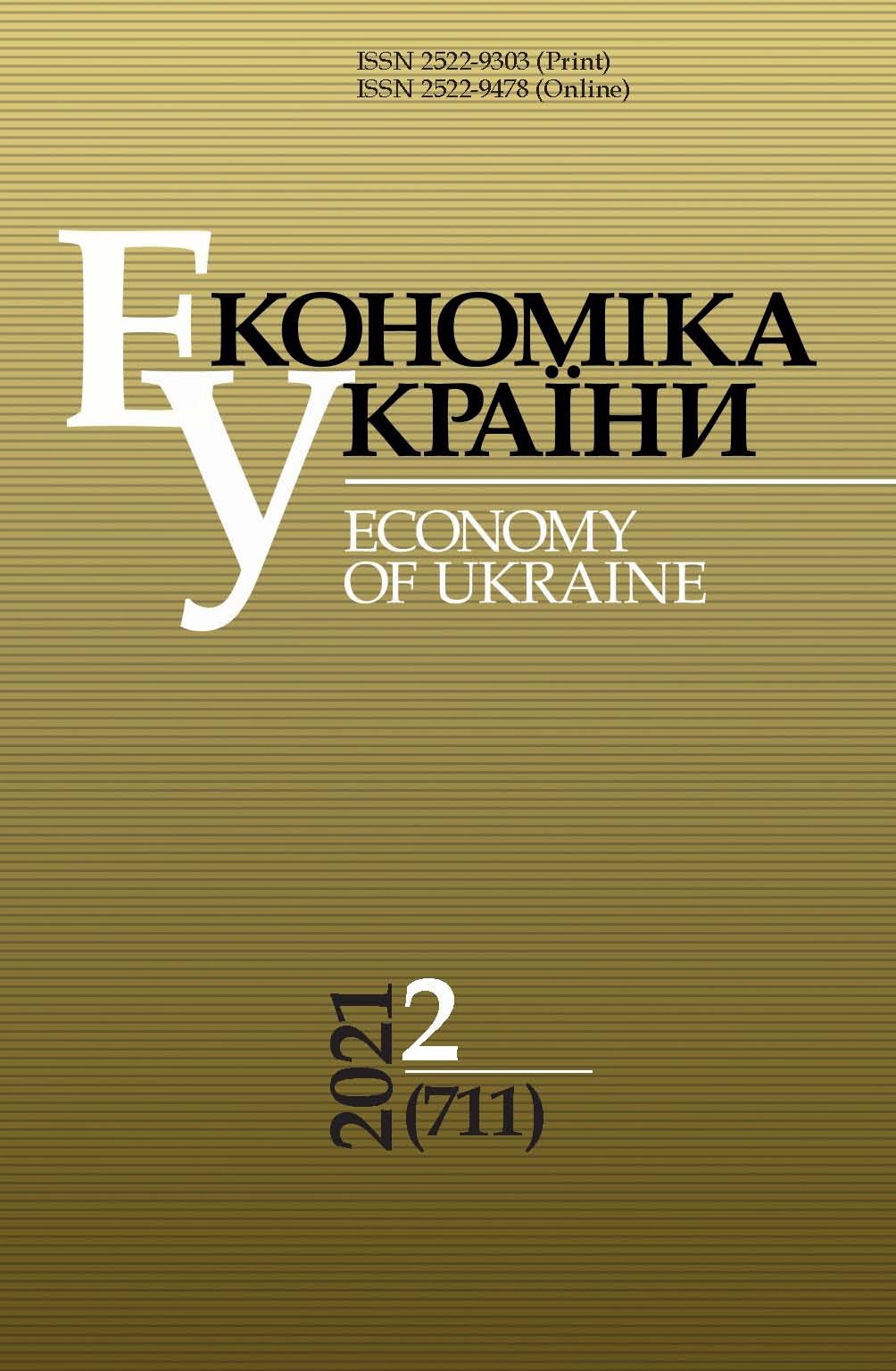ECONOMIC EFFICIENCY OF LEGAL NORMS AND ITS ASSESSMENT THROUGH THE PRISM OF THE RULE OF LAW (ON THE EXAMPLE OF TAX LEGISLATION)
DOI:
https://doi.org/10.15407/economyukr.2021.02.063Keywords:
economic efficiency; legal norms; principle of the of law; tax policy; ideology of justice.Abstract
It is noted that an important quality of legal regulation should be the effectiveness of the method and means chosen by the state to promote the achievement of the planned socio-economic result. Despite the fact that some principles of normative project work have been covered at the legislative level (in particular, on the example of legislation in the field of regulatory policy), the practice of adopting normative legal acts the effectiveness of which remains questionable continues. One of the reasons for this state of legal regulation of social relations is the improper consideration, and sometimes conscious disregard for theoretical and applied constructions that have been substantiated within the framework of legal and economic science. As a result, this leads to the establishment of an unjust order in a certain area of public relations, which threatens the further sustainable development of the state.
In view of this, attention is focused on the defects of the implementation of legal principles, especially the principle of the rule of law, in the field of legal regulation of economic relations, which leads to the imaginary effectiveness of the relevant legal acts. It is proved that the effectiveness of legal regulation of public relations will be evidenced not only by the rate of achievement of the expected result at the expense of the minimum necessary resources of economic entities, citizens and the state (i.e. the economic criterion), but also the degree of compliance with the rule of law, which will allow to talk about promoting the adoption by a legal act of the ideology of justice. Based on the analysis of some examples of legislative practice in the field of taxation, it is established that the adoption of regulations contrary to the rule of law has led to the direction of tax policy to achieve socio-economic results that contradict the principles of tax policy as a type of economic policyand principles of social policy of the state in terms of income redistribution set out in strategic documents.
References
Hrytsenko A. There is nothing more practical than a good theory. Mirror Weekly, August 23-31, 2018, available at: zn.ua/ukr/macrolevel/nemaye-nichogo-bilsh-praktichnogo-za-horoshu-teoriyu-286338_.html (accessed on: 03.11.2020)[in Ukrainian].
Skakun O. Theory of State and Law. Kyiv, Alerta, KNT, 2009 [in Ukrainian].
Rabinovych P. Fundamentals of the General Theory of Law and State. Kyiv, Atika, 2001 [in Ukrainian].
Tarakchonych T. Effectiveness of legal regulation (theory issues). Law Review of Kyiv University of Law, No. 2, 2010, pp. 11-13 [in Ukrainian].
Poiedynok V. Legal Regulation of Investment Activity: Theoretical Problems. Nizhyn, Aspekt-Poligraph LLC, 2013 [in Ukrainian].
Posner R. Economic Analysis of Law. V.L. Tambovtsev (Ed.). Saint Petersburg, Economic School, 2004 [in Russian].
Stepanov D., Avdasheva S. The Criterion of Efficiency in Legal Regulation of Economic Activities. The Herald of Economic Justice of Russian Federation, No. 5, 2017, pp. 88-133 [in Russian].
Libanova E. Excessive socially unacceptable inequality: the main challenge for Ukrainian society. Visnyk of the National Academy of Sciences of Ukraine, No. 5, 2017, pp. 22-25 [in Ukrainian].
Savchyn M. The Principle of the Rule of Law and the Economic System of Ukraine, in: Constitutional Principles of the Economic System of Ukraine. NAS of Ukraine, Institute of Economic and Legal Research, Donetsk, Yugo-Vostok LLC, 2011, pp. 27-36 [in Ukrainian].
Downloads
Published
How to Cite
Issue
Section
License
Copyright (c) 2024 Economy of Ukraine

This work is licensed under a Creative Commons Attribution-NonCommercial-NoDerivatives 4.0 International License.



